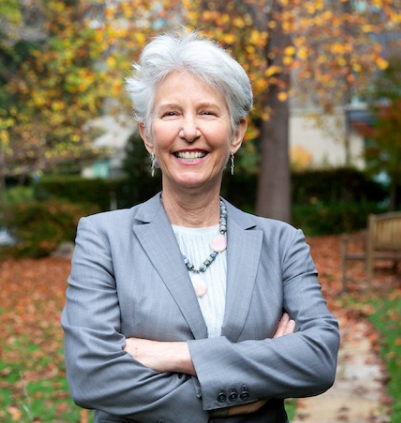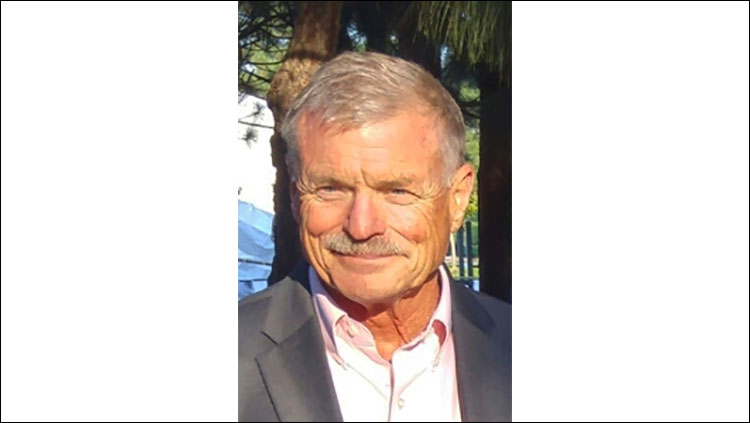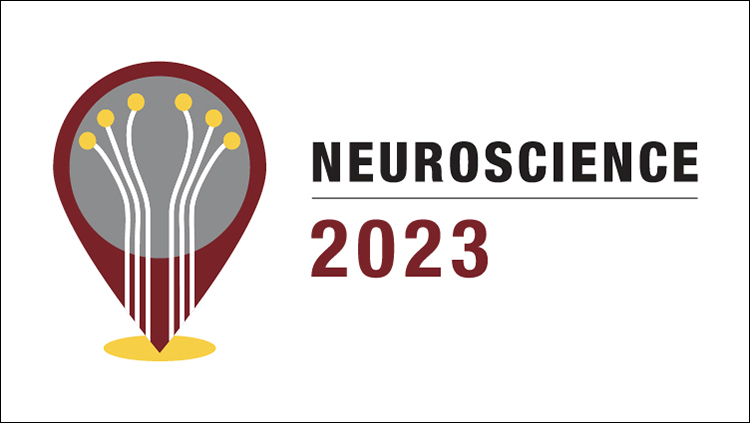Q&A: New President of The Kavli Foundation Describes Approach to Grant-Making
 Cynthia Friend
Cynthia FriendCynthia M. Friend is the president of The Kavli Foundation and is on leave from Harvard University where she is the T.W. Richards Professor of Chemistry. Friend joined Harvard faculty in 1982 after earning her PhD from UC Berkeley. At Harvard she held several leadership positions, including chair of the Department of Chemistry and Chemical Biology and associate dean of the Faculty of Arts and Sciences. She was the first female chair and the first female professor in chemistry at Harvard. Friend also served as director of The Rowland Institute 2013 to 2019, a nonprofit conceived to advance science in a wide variety of fields, and held the role of associate lab director at SLAC National Accelerator Lab. As a researcher, Friend’s work focuses on developing solutions to problems in energy usage and environmental chemistry. She currently serves on the Bruker Instruments board and as chair of the U.S. DOE’s Basic Energy Sciences Advisory Committee. Friend is a member of the National Academy of Sciences and a fellow of the American Academy of Arts and Sciences, American Chemical Society, and the American Association for the Advancement of Science (AAAS).
NQ: You joined The Kavli Foundation in January 2021. How has the foundation evolved under your leadership? Have you made any fundamental changes to what it funds or who it partners with?
CF: Joining The Kavli Foundation has been a great honor, and it is a privilege to be leading a significant funder of basic scientific research. My first year as president was learning about the organization more deeply to inform priorities and future opportunities. Under my leadership the foundation has broadened its funding approach. In addition to supporting basic science through Kavli Institutes in astrophysics, nanoscience, neuroscience, and theoretical physics, we now deploy a strategic mix of grantmaking and partnership in each of these fields and focus on identifying and funding potentially transformative opportunities. While we’ve expanded our approach to giving, we remain steadfast and true to our founders’ vision to advance science for the benefit of humanity. Another constant is our partnership with the Norwegian Academy of Science and Letters and the Norwegian Ministry of Education and Research with the international Kavli Prize, awarded every two years in astrophysics, nanoscience, and neuroscience — what our founder coined as “the big, the small, and the complex.”
NQ: Basic neuroscience is one of The Kavli Foundation’s primary areas of grantmaking and partnership. Where does the foundation see opportunities for its funding and partnerships to “move the needle” in neuroscience?
We see immense opportunity to accelerate basic research in... supporting process and infrastructure that maximizes data use through open data sharing.
CF: Neuroscience is a particularly interesting field since there are so many big unanswered questions — like, how does cognition work? — and unmet needs related to human health. Funding basic research is particularly important as fundamental work often lays the groundwork for applied discoveries. As a field, neuroscience has made great strides over the past decade to advance what is known about the human brain in particular, but there is so much more to do. We see immense opportunity to accelerate basic research in several areas — from supporting innovative, early-stage, or risky ideas that might not be ready for more conventional federal grants, to supporting process and infrastructure that maximizes data use through open data sharing. For example, last year our Neuroscience program provided funding to support creation of a global data governance framework (something that does not currently exist) to incentivize cross-border collaboration. We also awarded four teams of scientists to pursue collaborative projects selected through the “Sculpted Light in the Brain” conference, to explore new approaches in photonic technologies. Another exciting opportunity is in an emerging topic we are calling Neurobiology and Changing Ecosystems, which considers how neural systems are impacted by environmental flux. To move the needle in such a vast and complex field as neuroscience requires partnerships with organizations like the Society for Neuroscience as well as other funders, both public and private.
NQ: The Kavli Foundation was a founding partner of BrainFacts.org, offering 10 years of funding to make neuroscience accessible to the brain-curious public. Why does Kavli value communication-centered partnerships, and how else does the foundation connect scientists with the public?
CF: The foundation values our partnership with the Society for Neuroscience, and we are proud of our collaboration over the years, including with efforts such as BrainFacts.org. We are learning through our own work that high-quality engagement of the public includes engaging society early and consistently. It is important to anticipate societal needs and the implications of research to build both trust and value. Our Science and Society Program focuses on just that — ensuring the people, processes, and products of basic science contribute meaningfully to society.
NQ: What are you most excited about when you think about the future of The Kavli Foundation?
CF: What excites me about the foundation and its future is seeing the continued impact of our funding and providing opportunities for scientists to take risks. As a foundation that focuses on funding basic research, it will take some time to see our impact fully realized; however, there are indications of potential impact in the areas we select and the progress of the scientific community we support. I think our discipline in identifying emerging opportunities and new frontiers, particularly in areas where traditional funding would not invest, is important and a distinction for us. It is also a hallmark of what private philanthropy can do — and do well. Our future work in both neuroscience and nanoscience are two areas to watch with new staff members shaping some remarkable funding strategies, and also the efforts of our Science and Society program, particularly the future work of the Kavli Centers for Ethics, Science, and the Public.






















